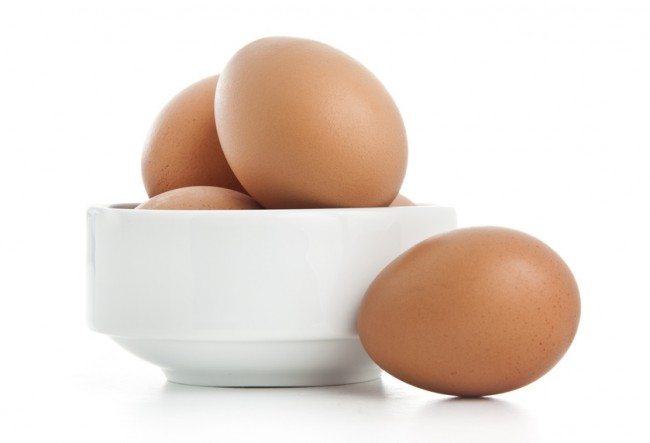
“I can boil an egg”
A cliched statement from everyone who hasn’t entered a kitchen much.
My question to them, “Are you sure?”
You throw an engineer like me into the kitchen and this is what happens Go Here. Most people think that boiling an egg is as simple as bringing water to a boil, throw eggs in there and wait for 10-11 minutes.
Yeah! you’d get boiled eggs alright but the one with chances of sulfur coated green stuff on sandy yolk and severely hardened rubbery white.
If you are a geek in the kitchen, please indulge me for a second.
The whites in eggs comprise roughly of 87% water and 13% proteins (conalbumin). During cooking amino acid chains unfold and bind to each other forming a gel.
To cook a perfect tender egg, you have ensure that maximum number of protein molecules form the lattice in the whites. This will trap more water in fine structure and be tender. I unveiled the mystery by cooking eggs at different temperatures. Turns out that the age old wisdom of boiling water cooking does not hold very well.
When dropping eggs into boiling water (100 C), it very quickly coagulates different protein molecules and results into rubbery texture, however if you cook the eggs just above the temperature at which coagulation starts (about 68 C), the process of solidifying is uniform and retains the water, a guarantee of tenderness.
Next time, dazzle your family by cooking perfect eggs by using a kitchen thermometer.
